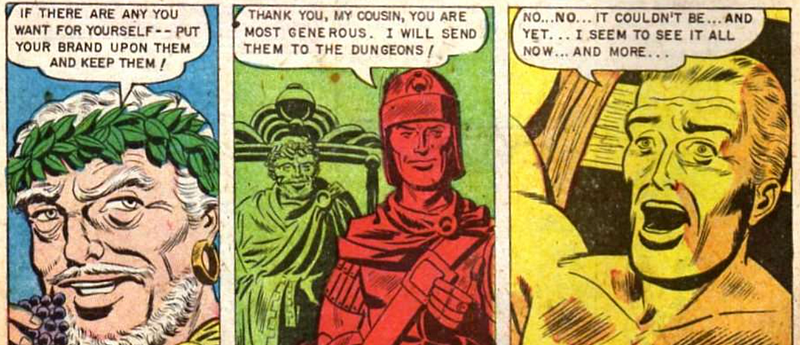Publishing Rights: “Selling” or “Licensing”
Understanding your rights as an author is a vital part of your career.

If you’ve ever wondered what sort of thing to expect from a contract when you go looking to have your work published, this is the place to begin. Too frequently, I encounter writers saying things like “I sold a story,” without taking the time to help others understand what that actually means. Language is finicky in everyday use, but when it comes to matters of contract law, words matter.
When you create a piece of work, you automatically own the rights to that piece of work. You don’t need to file it with the Library of Congress, email it to yourself (considered pointless anyway), or officially register it in any way: you own it. Of course, if you do create a paper trail for your work, that makes it harder for someone to rip it off if they were to try, but ultimately cases like that don’t usually go very far anyway.
This is where the concept of “selling and licensing” comes into play.
Those rights that you have, merely from creating a piece of work, are yours to do with as you wish, forever. The only way those rights transfer is if you make a legally-binding attempt to permanently transfer those rights away from your control. That’s not something that can be done verbally or with a handshake deal, either. It requires a proper contract.
When you “sell” something, you give up the rights to that something in exchange for some remuneration. Most of the time in the world of publishing, you will not be “selling” your work. Instead, you’ll be licensing rights to your work.
When you license something, you retain the ownership of that thing. You’re trading its temporary use to someone else in exchange for some sort of payment. The important thing to note is what the terms of the license contract are. You need to understand the terms of the contract to know what rights, specifically, you are licensing. And you’ll also want to know for how long you are agreeing to license those rights.
When in doubt, make sure to bring any contracts you’re considering to a capable lawyer who specializes in contracts. If you have an agent, make sure that they have a clear grasp of contract law and are able to walk you through any bits you don’t understand. Finally, you can “crowdsource” help by taking your contract to a trusted community of authors and ask for feedback there.
But, whatever you do, don’t agree to any contract that outright purchases your work!
